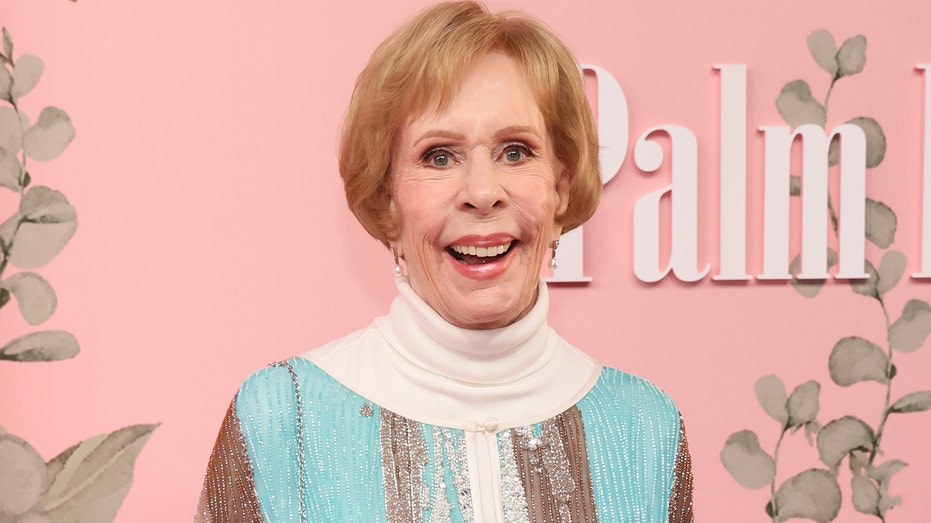POTUS 47 must prioritize rebuilding trust in the US health system
Unless he or she can rebuild trust and regain public confidence in our nation’s health system, POTUS 47 will face significant challenges addressing them.

The U.S. presidential election is days away, and the polls show the candidates are in a statistical dead heat. The outcome is unknown — even to the experts, who say it could be the tightest race “in a generation.”
For public health, the election matters deeply.
Whoever wins, the next president will confront serious public health issues affecting millions of Americans. And unless he or she can rebuild trust and regain public confidence in our nation’s health system, president 47 will face significant challenges addressing them.
Patient trust in physicians and hospitals has plunged. Over 70 percent of Americans believe the American health system has failed them. Another study found a mere one-third of U.S. adults trust the U.S. Centers for Disease Control and Prevention, only a quarter trust their state and local health departments and 10 percent place no trust whatsoever in health agencies.
Reversing these trends demands our next president lead by example. It will require POTUS 47 to make public health a national priority.
We need someone willing to put his or her trust in our nation’s public health experts; someone who values the knowledge and experience of the health community; someone able to accept science-based guidance and recommendations to lead our nation’s health forward.
Because trust can only be earned if trust is given. It’s part of the bedrock of every healthy relationship. And if our next president has the fortitude to trust America’s health agencies, it will encourage Americans to respect them again, too.
Leadership will be critical in making this happen. And it must happen, as the stakes are too high to ignore. Among them:
- Abortion: The new president will oversee a country deeply divided over the issue of abortion and the unfolding impacts of the U.S. Supreme Court’s reversal of Roe v. Wade. Patient access to quality maternity health care is now at risk in certain states — an issue our next president must work to resolve.
- Immigration: The future president will take office with nearly 12 million undocumented migrants living in America — which doesn’t include the surge in border crossings that took place late last year or those that have occurred since. Our next president must encourage federal and state agencies to identify work relief solutions to help them succeed in America to avoid putting additional stress on our nation’s healthcare system and state economies.
- Food Insecurity: The 47th president will represent nearly 50 million Americans who live in households that have either experienced food insecurity or lack access to a nutritious diet. The president can persuade Congress to pass the Farm Bill and support long-term funding to combat U.S. hunger through the Supplemental Nutrition Assistance Program, which has historically served as a lifeline for disadvantaged citizens.
- Medical Debt: Our next president will need to address how millions of Americans can find relief from crushing medical debt, estimated today to be over $220 billion. Over 40 percent of adults in the U.S. were burdened by it last year. The next president can champion efforts to prevent this debt from impacting patients’ credit reports — and push for action at the federal level for measures where select states have led the way — to protect consumers.
- Climate Change: The next leader of the free world will confront a planet that’s becoming hotter, causing hurricanes such as Helene and Milton to be more powerful and destructive. Our next president must understand the science and utilize the strength and reach of America to galvanize the world to combat this global problem.
- Pandemic Preparedness: Our next commander-in-chief must be a student of America’s response to COVID-19, someone who can learn from our past mistakes — and apply those lessons to our response planning so that the U.S. can be in a better state of readiness in the event of a future pandemic.
The one who takes the oath of office will have to contend with these and other critical health issues. But she or he won’t be able to do it alone.
As Steve Jobs famously said, “It doesn’t make sense to hire smart people and tell them what to do; we hire smart people so they can tell us what to do.”
Our next president must adopt this same approach; hire the brightest minds to lead on health policy and respect the advice of health experts who’ve dedicated their lives to serving humanity.
Because when America sees its president lead by trusting the public health community, Americans will do the same.
Lyndon Haviland, DrPH, MPH, is a distinguished scholar at the CUNY School of Public Health and Health Policy.



